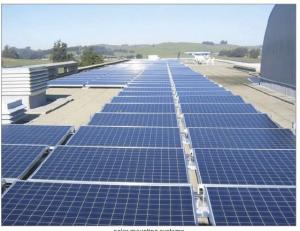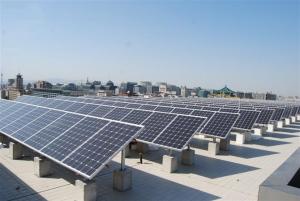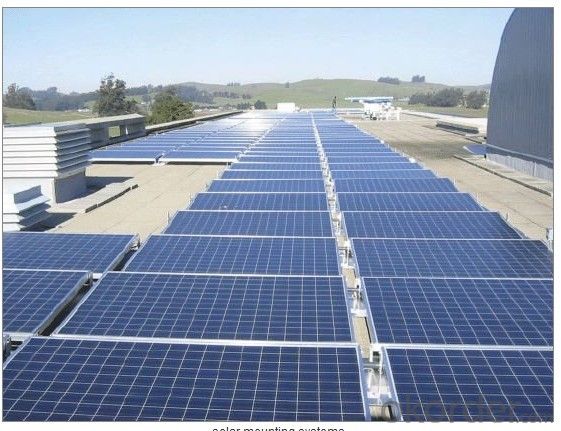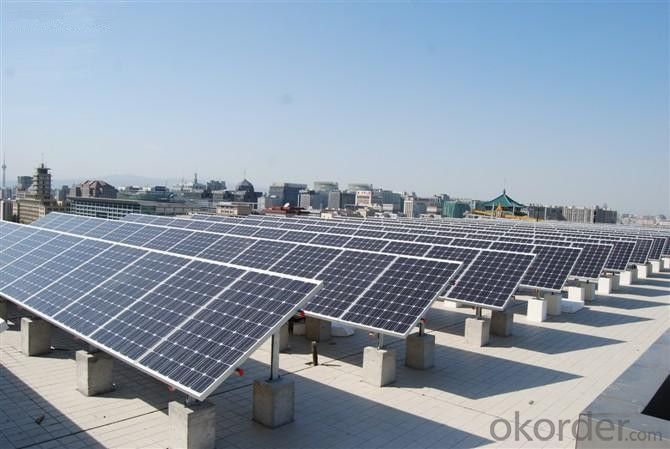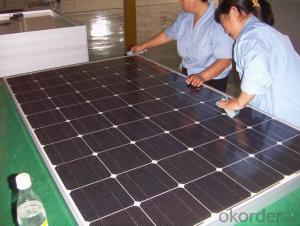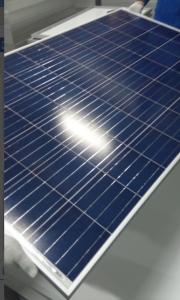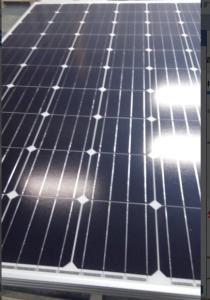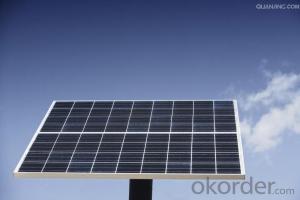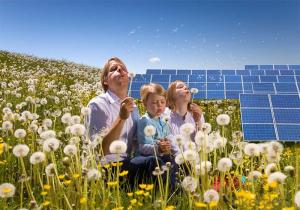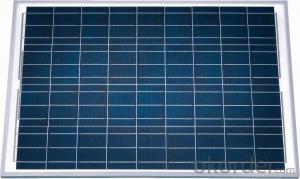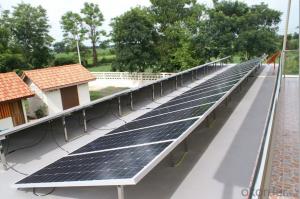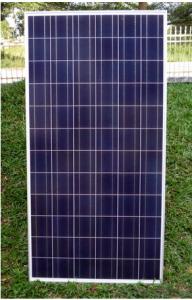Solar Panels in Virginia - Solar Panel Solar System BIPV TÜV/IEC/CEC/CE from China
- Loading Port:
- China main port
- Payment Terms:
- TT or LC
- Min Order Qty:
- 1 m.t.
- Supply Capability:
- 1000000000000 m.t./month
OKorder Service Pledge
OKorder Financial Service
You Might Also Like
Quick Details
CNBM Solar is a world-leading and Vertical integrated manufacturer of high-performance with Silicon,
Wafer, Cells, Modules, which convert sunlight into electricity for residential, commercial, and utility-scale
power generation.
The capacity of CNBMSolar is reach to 1GW, and make sure each year our shipment capacity is more
Than 700-800MWs, at the same time, we have set up the largest solar power station with our partner
in Ukraine.
CNBM is a Quality + Service oriented company with“Excellence at Each Step” approach, composed of
the finest components from TUV and IEC-certified partners around the world, CNBM modules consistently
undergo a variety of trials at the company’s Test & Development Centre, ensuring peak performance
capabilities. The company is committed to develop and provide the world with clean and renewable energy
to ease the energy shortages as well as human kind’s impact on the environment.
Packaging & Delivery
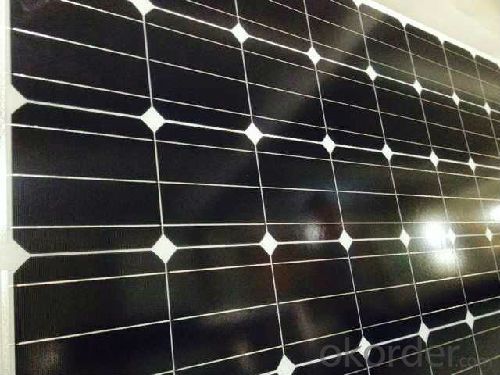
Specifications
Sinosola Solar panel
10 years' industry experience
25 years warranty
TUV/IEC/CEC/CE/ISO
Rich selection of solar power
Technical Parameter:
Good Quality 185W Solar Panel | |
Peak Power-Pmax(W) | 185W |
Open Circuit Voltage-Voc(V) | 44.2 |
Maximum Power Voltage-Vmp(V) | 36 |
Short Circuit Current-Isc(A) | 5.4 |
Maximum Power Current-Imp(A) | 5 |
Maximum System Voltage | 1000V DC |
Maximum Series Fuse Rating | 10A |
Power Tolerance | -1~+3% |
Temperature Coefficients of Pmax | -0.45%/℃ |
Temperature Coefficients of Voc | -0.348%/℃ |
Temperature Coefficients of Isc | 0.031%/℃ |
Nominal Operating Cell Temperature | 44.5±2℃ |
Standard Testing Condition(STC) | Irradiance:1000W/m²;Temperature:25℃;AM=1.5 |
Qualification Test Parameters | |
Operating Temperature | -40℃~+85℃ |
Storage Temperature | -40℃~+85℃ |
Pressure Bearing | ≥5400Pascal/m² |
Wind Bearing | ≥5400Pascal/m² |
Mechanical Characteristics | |
Cell Size | Mono 125*125mm±0.5 |
No.of Cells | 72pcs(6*12) |
Dimension | 1580*808*40mm |
Weight | 15.5Kg |
Glass | 3.2mm High Transmission,Low Iron |
Frame | Anodized Aluminum Alloy |
Junction Box | IP65Rated |
Internal Diodes | 3 Bypass Diodes |
Cable | 1*4.0mm² Length 900mm |
Photovoltaic, PV:Photovoltaic cells or panels are thin layers of semi-conducting material. Electrical charges are generated. When exposed to sunlight, they produce electricity which is fed into the domestic supply as direct current. A number of cells connected together behind glass form a solar panel
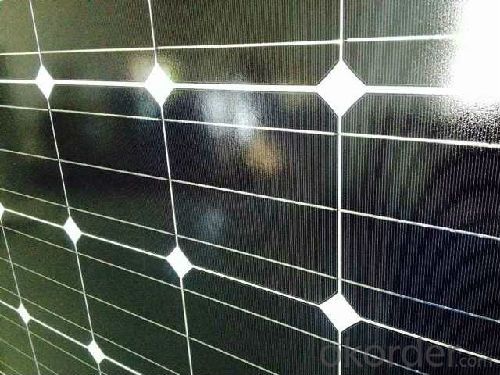
FAQ:What's your product wanrranty ?
12 yrs free from defects in materials and workmanship;No less than 90% within 10yrs and no less than 80% within 25yrs
- Q: How do solar panels reduce carbon emissions?
- Solar panels reduce carbon emissions by generating electricity from sunlight, which is a clean and renewable energy source. Unlike fossil fuels, solar power does not produce any greenhouse gas emissions or pollutants during operation. By replacing traditional energy sources, such as coal or gas-fired power plants, with solar panels, we can significantly reduce the amount of carbon dioxide and other harmful emissions that are released into the atmosphere, helping to mitigate climate change and improve air quality.
- Q: The Physics club in our school is trying to convince the Board of Ed to install solar panels in our school, and i was just wondering if anyone with some experience or real expertise in solar energy. I need some points about their usefulness some real pros and cons on maintenance, etc. Anything will help. Personally i would be perfectly for the idea, but i heard that the overall cost of installing them is much higher than the cost of the energy saved and government subsidies, but ive only heard about this.
- nan
- Q: Can solar panels be used in areas with high levels of sand or dust deposition?
- Yes, solar panels can be used in areas with high levels of sand or dust deposition. However, regular cleaning and maintenance of the panels may be required to ensure optimal performance.
- Q: i am wanting to build a small tiny house running 3-4 2 volt 5 watt light bulbs for a lighting source and using a Koolatron Fun Kool 26 Quart 2V Portable Mini Fridge This cooler consumes 4.5 amps at 2 volts. The conversion is: 4.5 amps (X) times 2 volts (=) equals 54 watts. and i want a solar system that will have back up for 2 days with the lights on for probly 5-6 hours a day so theirs no room for error
- you silly ! with Solar there is always room for error . you have to build it in to your numbers . solar is full of errors . So you should plan on producing at 3 times what you expect you will need . then you have enough .
- Q: Mono-crystalline or poly-crystalline solar panel?
- All solar photovoltaics drop in efficiencies with higher temperatures but it isn't the 45+ C you have to worry about but rather the heat from the sunlight striking the panels. There are hybrid systems which passes water in pipes attached to the back of the solar panels to cool the panels and preheat the water for solar thermal collectors. The difference between mono-crystalline and poly-crystalline are that mono-crystalline are more efficient and more costly to make.
- Q: I'm doing a project for school and I'm a little confused about energy and solar panels. I'm looking to propose installation of solar panels to power the computer lab at my school. From what I've read a computer and monitor use roughly 350 watts per hour. I was looking at solar panels and it says they produce various wattage. For example, I was looking at one rated at 200 watts. Does that mean 200 watts in a day? Or per hour? Please help.
- The rating of a solar panel is a maximum continuous rating. A 200 Watt panel will give a maximum of 200 watts under ideal conditions. A computer and monitor use about 400 Watts. not per hour - watts is Volts * Amps and a measure of Power. In hour a computer and monitor uses 400 Watt hours (Wh). Wh is a measure of Energy. To power a lab of 0 computers you will need 0* 400 = 4000 Watts. To run this from solar panels through the day only you would need a 4000 Watt panel. Except - its cloudy, the sun is in the wrong place - many factors reduce the output. To be reasonably safe you would need about a 2000 Watt panel. Then you would need batteries to store power through dull periods AND a voltage converter to change from low voltage DC from the solar panels to the mains voltage for your computers.
- Q: Is there a small solar panel system that I can put in my bedroom window and charge my phone and run an alarm clock off of? Or one I can run a microwave off of?
- tell me at roughly $500 each, just how many panels would you like to buy? ;-)
- Q: Mitsubishi Solar Panels For Home Installation: How Much Do The Panels Cost?
- Mitsubishi solar panels are sold in pairs. I was in the market this week, checking on solar panels to install in my own house / workshop. Here's the price list I got from online and wholesale dealers for a pair of Mitsubishi panels: * Model MF20EC4 (20 watts) -- $590 * Model MF25UE5N (25 watts) -- $60 * Model MF75MF5 (75 watts) -- $799 * Model MF80UD4 (80 watts) -- $820 * Model MF85UD5 (85 watts) -- $850 BP Solar, PowerUp Solar GE Solar too have their own panels with a low-to-high price range. Go for BP solar panels as they're more affordable for home installation and good value for money.
- Q: Can I use a regulator from a car to regulate the voltage from a solar panel to a battery?
- solar panels will naturally produce a certain DC voltage which is what your battery needs - the current will vary based on the sun light. You need probably 4V to have some over voltage. So based on your specs look at having at least 4 V but not too much over that (tells you how many panels you need in series) I would have blocking diodes (probably the solar cell has them built in) to insure the battery does not discharge thru the panel.
- Q: Can solar panels be installed on wineries or vineyards?
- Yes, solar panels can be installed on wineries or vineyards. In fact, they are increasingly being installed in these locations due to the vast open spaces available for solar panel arrays and the potential for significant energy savings. Additionally, solar panels can be integrated into the design of winery buildings or mounted on elevated structures, minimizing their impact on the vineyards.
Send your message to us
Solar Panels in Virginia - Solar Panel Solar System BIPV TÜV/IEC/CEC/CE from China
- Loading Port:
- China main port
- Payment Terms:
- TT or LC
- Min Order Qty:
- 1 m.t.
- Supply Capability:
- 1000000000000 m.t./month
OKorder Service Pledge
OKorder Financial Service
Similar products
Hot products
Hot Searches
